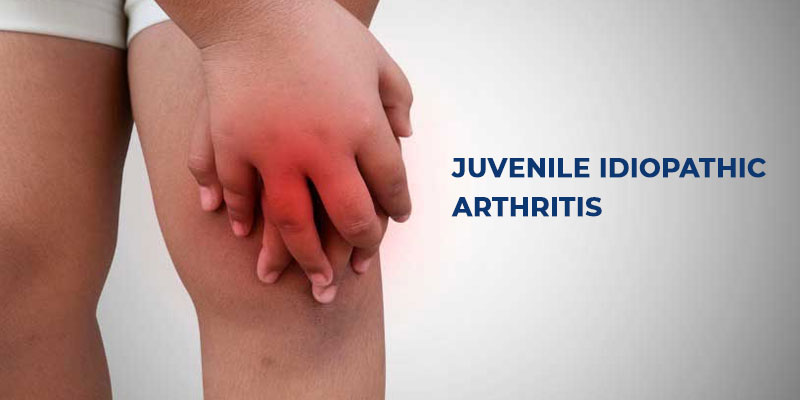Juvenile Idiopathic Arthritis: A guide for all parents
 |
Children suffering from Juvenile
idiopathic arthritis complain of persistent joint pain, which is often mistaken
for growth pain. This may often be accompanied by inflammation, swelling and
stiffness which may last for weeks, months or even years. In some cases, it can
even give rise to serious eye problems. Treatment for Juvenile idiopathic
Arthritis is offered at all the leading orthopaedics treatment hospitals in India.
Symptoms all parents need
to look out for:
- There is a list of some common signs and symptoms associated with Juvenile idiopathic arthritis:
- Your child may complain of persistent pain without any evident reason
- Your child may limp after sitting or sleeping in the same position for hours
- There may be evident swelling in your child's joints
- Your child may experience joint stiffness especially in the morning
- Very high fever accompanied by swollen lymph nodes and rashes
It is important to understand that the condition can affect a single joint, or multiple joints of the body which means that the pain might not be localised. Juvenile idiopathic Arthritis can be further classified into several subtypes the most common of which are: Systemic Juvenile idiopathic arthritis
- Oligoarticular Juvenile idiopathic arthritis
- Polyarticular Juvenile idiopathic arthritis
Juvenile idiopathic arthritis is an autoimmune disease which means that it is triggered when a child's immune system starts attacking the cells and tissues present in his/her body. The best doctors in India suggest that if the condition is left untreated for long, it can give rise to serious complications which include:
Eye problems - Juvenile idiopathic Arthritis can lead to severe eye inflammation and even increase the risks of cataract and glaucoma. In extreme cases, it can lead to partial or complete blindness. You can keep the problem under check by regular eye check-ups.
Growth abnormality - Juvenile idiopathic arthritis interferes with normal bone development and affects your child growth. It is not only the condition but medication taken for it, that can inhibit growth.
How is the condition
diagnosed?
Doctors specialising in Orthopaedics
and knee replacement in India use the following diagnostic
modalities and techniques for or detecting and assessing Juvenile idiopathic
arthritis.
Blood tests to assess the ESR
(erythrocyte sedimentation rate), C-reactive protein, antinuclear antibody,
Rheumatoid factor and CCP (salicylic citrullinated peptide). It is, however,
important to know that some children with Juvenile idiopathic arthritis might
not show any abnormality in the blood tests.
Doctors may also recommend
imaging modalities like X-rays or MRI (magnetic resonance imaging) to rule out
other musculoskeletal conditions like fractures, tumours, congenital defects
etc.
Is there any treatment
available?
The primary aim of the treatment
is to help your child level normal life by relieving the associated symptoms
and preventing the condition from progressing. Juvenile idiopathic Arthritis is
usually managed with the help of medication which includes nonsteroidal
anti-inflammatory drugs (NSAIDs), disease-modifying antirheumatic drugs
(DMARDs), biologic response modifiers and corticosteroids. All these help with
alleviating pain and inflammation and are often combined with therapies for
better results. Surgery is recommended in extreme cases so as to improve joint
function and mobility. The type of treatment depends upon the overall health
evaluation of the child as well as the proper assessment of his/her condition.



Comments
Post a Comment